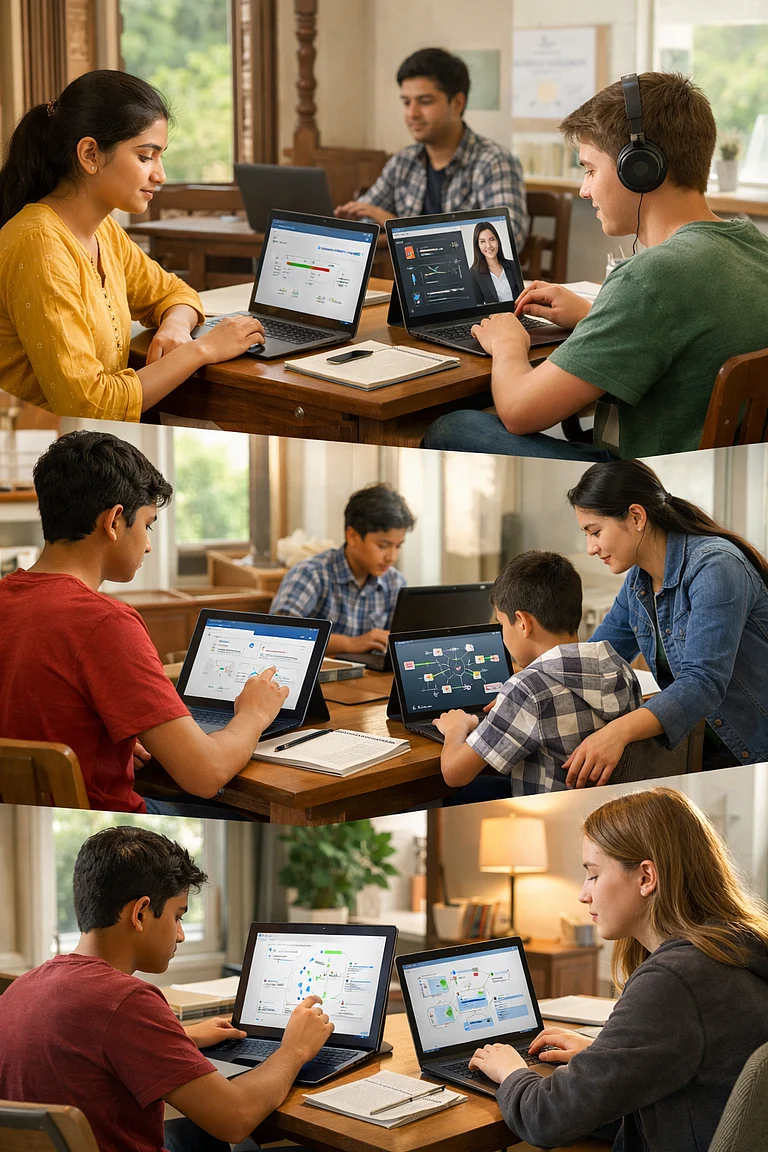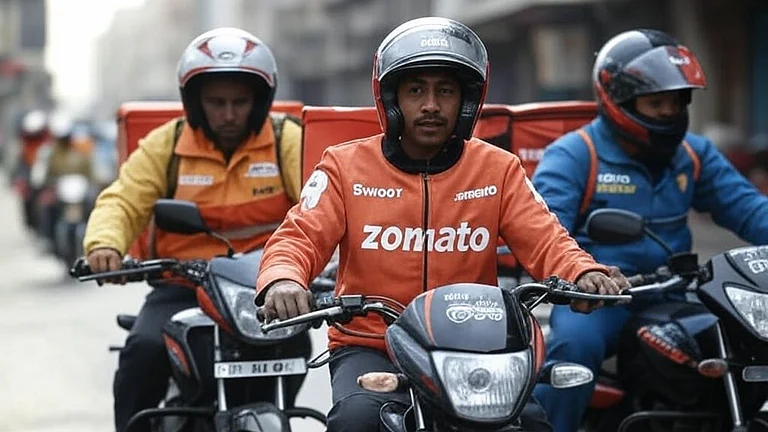When people were confined in their homes during Covid-19, home delivery increased in India. That’s when the idea of quick commerce came into the minds of Aadit Palicha and Kaivalya Vohra. While staying alone in Mumbai, Palicha and Vohra felt that to cater to the customer, they needed a new model, as offline options seemed limited.
That’s when, in April 2021, Zepto was formed, and by 2023, it had become the country’s first unicorn. Zepto recently raised $665 million in funding at a valuation of $3.6 billion. This funding round, nine months after raising $235 million at a $1.4 billion valuation, includes new investors Avenir, Lightspeed, and Avra, alongside existing backers Glade Brook, Nexus, and StepStone, with Goodwater and Lachy Groom co-leading the round.
Zepto is one example of the rapidly growing commerce space in the country. The current market size of the quick commerce space in India is $2.8 billion, as per a report by Redseer Strategy Consultants.
With a 77 per cent increase in its GMV last year, Q-commerce demonstrated that it was able to maintain the Covid-led momentum it had between 2019 and 2022. This is true even though 2023 was a year of low demand, which resulted in the e-commerce market growing nominally, according to the report.
The report adds, “Q-commerce platforms have mastered understanding their target customers’ purchase patterns and accordingly customizing the selection and experience.”
A recent example of the same is during the T-20 match, when quick commerce platforms offered various personalized items and made several offers. Blinkit recently sold an “India Cricket Fan Jersey” during the match. No wonder, during the final night of the match, there was a 40–50 per cent sales and revenue jump, as per a report by the Economic Times. Amid the increasing penetration of quick commerce players, companies are jumping into the quick commerce race.
Zepto in talks again to raise funds
Zepto is in talks to raise another $400 million. This is at a valuation of $4.6 billion, as reported by the Information. Meanwhile, Zepto has established aggressive growth goals for itself in India, hoping to expand its network of dark stores—warehouses—to 700 by March 2025.
Taking to X (formerly Twitter), Palicha said that they are building Zepto into a world-class $50 billion Indian company that employs lakhs—as a way to give back to this country that has given us so much."
Entry of Reliance and Flipkart
The pilot of immediate delivery of groceries and fast-moving consumer goods (FMCG) products was started by Reliance Retail recently in certain areas of Mumbai and Navi Mumbai.
The fast-delivery service of the group has been included as a "hyperlocal delivery" option in the Jiomart mobile application, as per a report by the Economic Times. While orders will be completed in an hour, the company plans to reduce the delivery time to 30-45 minutes once more stores are linked to the system.
To add to the race, a Business Today report says that Flipkart is planning to launch ‘Flipkart Minutes’. The company aims to deliver goods within fifteen minutes. With this launch, Flipkart intends to make use of its supply chain, concentrating on electronics along with food and other necessities.
While Quick Commerce has been primarily focused on groceries and FMCG products, they are working to add high-margin categories to their SKUs. Now platforms such as Blinkit, Zepto, and Instamart want to sell ACs, refrigerators, and smartphones.
Speaking to Outlook Business, Anand Ramanathan, partner and consumer products and retail leader at Deloitte India, said earlier, “Electronics is the lowest hanging fruit.” Ramanathan believes that the key to sustaining growth in the quick commerce business lies in enhancing unit economics. To achieve this, quick commerce platforms need to focus on selling higher-priced items. Essentially, unit economics measures the profit or loss per unit sold, and for any business to remain viable, it must generate more profit than loss on each item sold.































